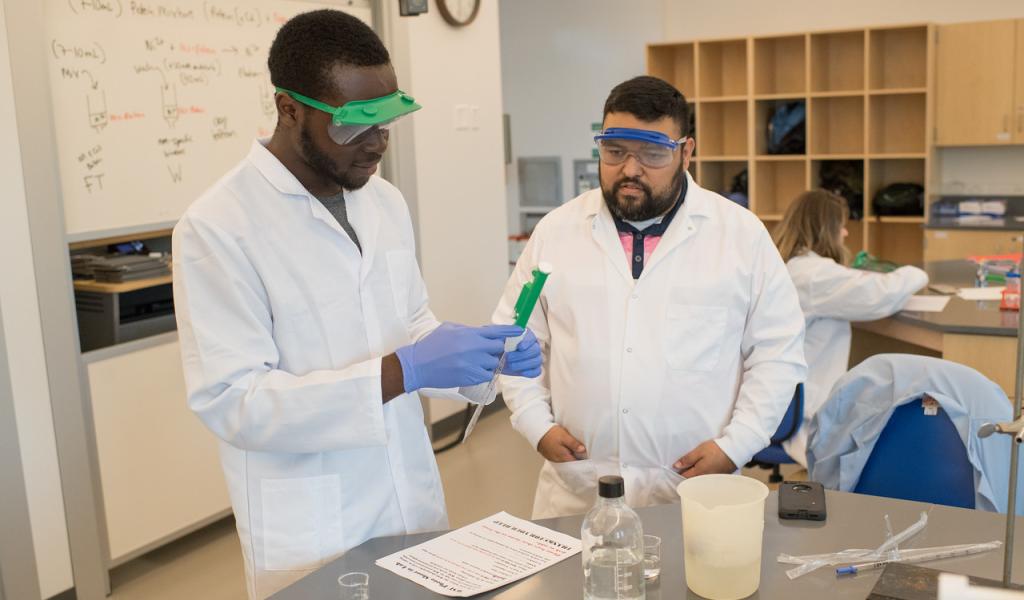
This area introduces students to writing as a process-based approach to producing texts for different rhetorical occasions that emerge in academic and public contexts. Students learn to situate an original argument within the framework of other speakers, practice critical inquiry, and understand conventions associated with a range of genres. A major goal of this area is to help students understand how their prior writing knowledge informs their work and how to transfer the writing knowledge and skills they’ve learned to future writing projects.
BY THE END OF TAKING A COURSE IN THIS AREA:
- Writing Process: Students learn and practice the various stages of the writing process, including brainstorming prewriting; posing effective research questions; researching; drafting; providing, receiving, and implementing feedback; enacting substantial revision; editing; and proofreading.
- Rhetorical Occasion: Students develop an understanding of rhetorical occasions both as readers and creators of texts and practice composing for a variety of purposes, in a variety of genres and modes, while appealing to a variety of audiences.
- Metacognitive Reflection: Students develop metacognitive reflection abilities that work to promote transfer of writing knowledge, skills, and the process of producing and accessing information.
- Reflective Discovery and Analysis of Information: Students locate, generate, identify, interpret, and critically evaluate information, evidence, arguments and ideas, recognizing that authority is constructed and contextual. Students analyze their own and others' assumptions and incorporate reliable and valid information effectively and ethically for an intended purpose.
